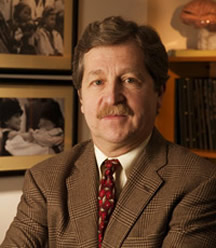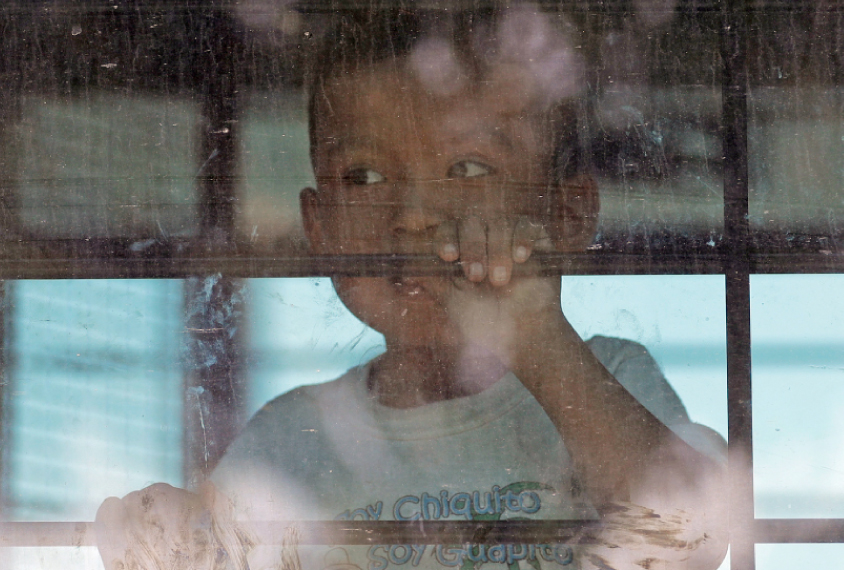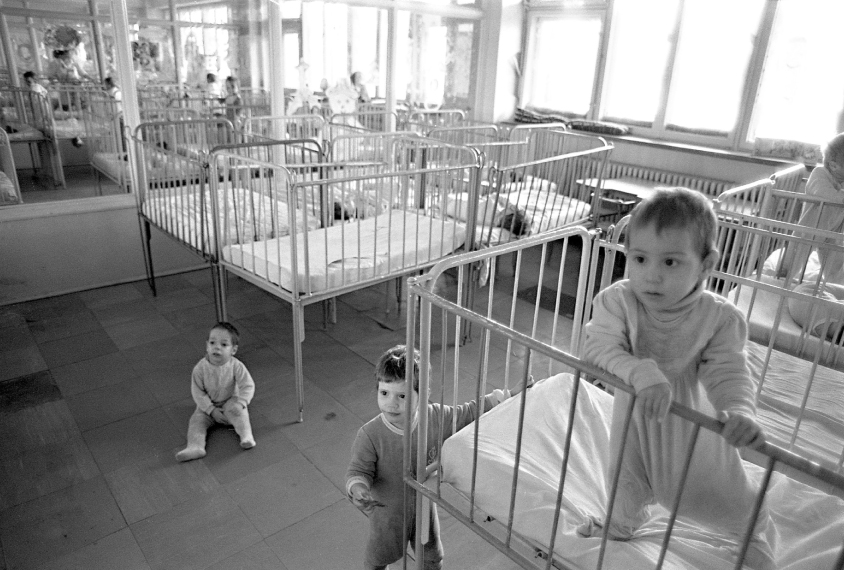Charles A. Nelson is professor of pediatrics and neuroscience at Harvard Medical School and director of research at Boston Children’s Hospital’s Developmental Medicine Center.

Charles A. Nelson
Research director
Boston Children's Hospital
From this contributor
How separating children from parents causes irreparable harm
Science teaches us that housing children in institution-like settings is likely to cause severe and permanent damage to their minds and bodies.

How separating children from parents causes irreparable harm
Romanian orphans reveal clues to origins of autism
Understanding autism features in children who were deprived of social contact as infants could offer clues to the condition.

Romanian orphans reveal clues to origins of autism
Explore more from The Transmitter
Shifting neural code powers speech comprehension
Dynamic coding helps explain how the brain processes multiple features of speech—from the smallest units of sounds to full sentences—simultaneously.

Shifting neural code powers speech comprehension
Dynamic coding helps explain how the brain processes multiple features of speech—from the smallest units of sounds to full sentences—simultaneously.
Astrocytes orchestrate oxytocin’s social effects in mice
The cells amplify oxytocin—and may be responsible for sex differences in social behavior, two preprints find.

Astrocytes orchestrate oxytocin’s social effects in mice
The cells amplify oxytocin—and may be responsible for sex differences in social behavior, two preprints find.
Neuro’s ark: Spying on the secret sensory world of ticks
Carola Städele, a self-proclaimed “tick magnet,” studies the arachnids’ sensory neurobiology—in other words, how these tiny parasites zero in on their next meal.

Neuro’s ark: Spying on the secret sensory world of ticks
Carola Städele, a self-proclaimed “tick magnet,” studies the arachnids’ sensory neurobiology—in other words, how these tiny parasites zero in on their next meal.